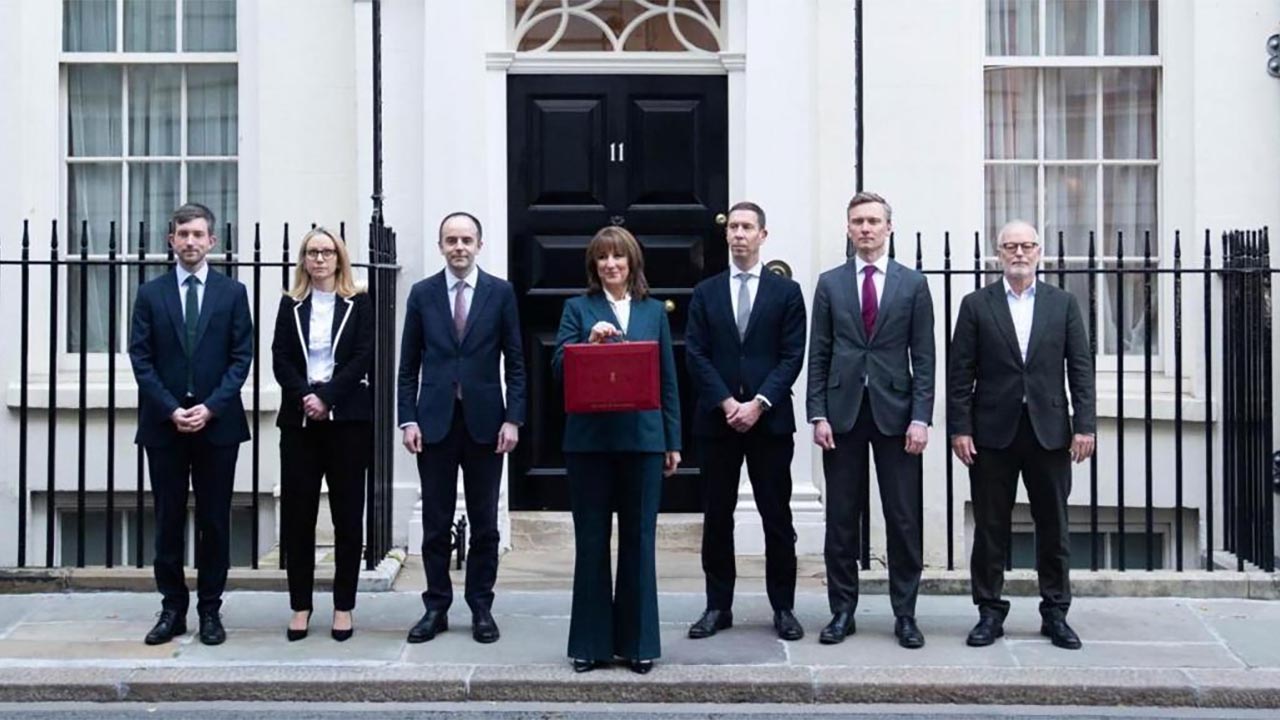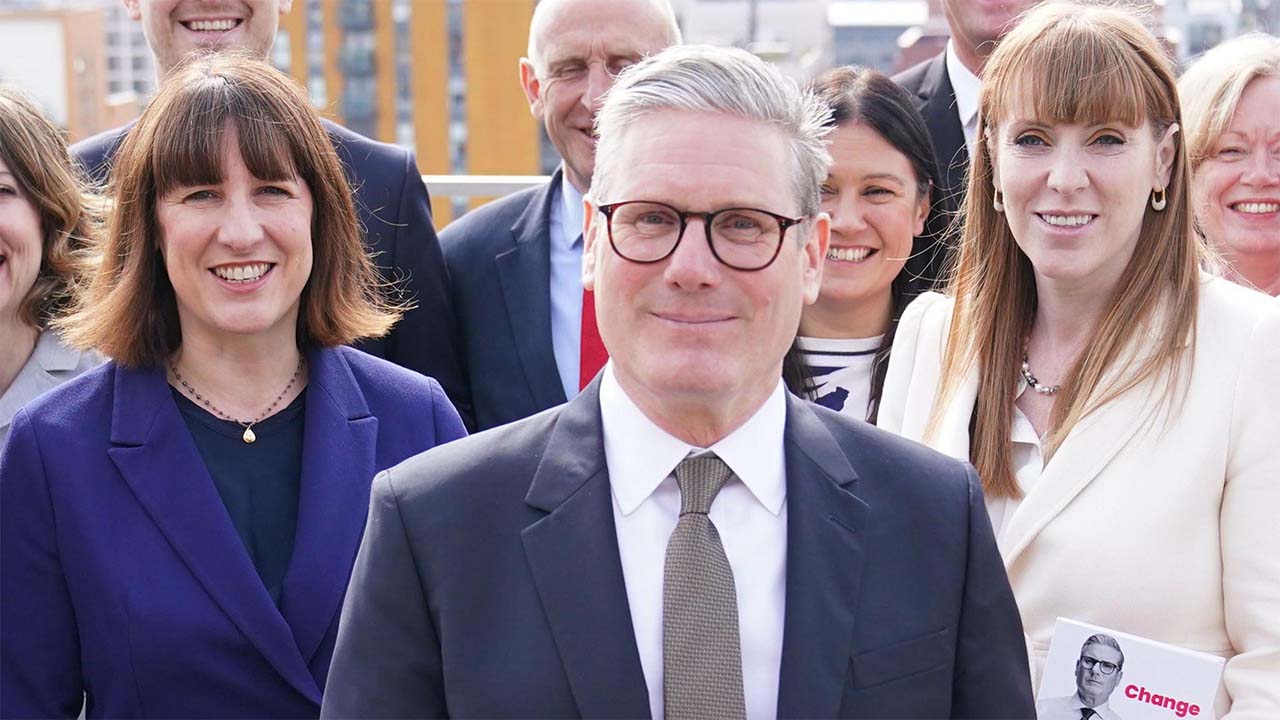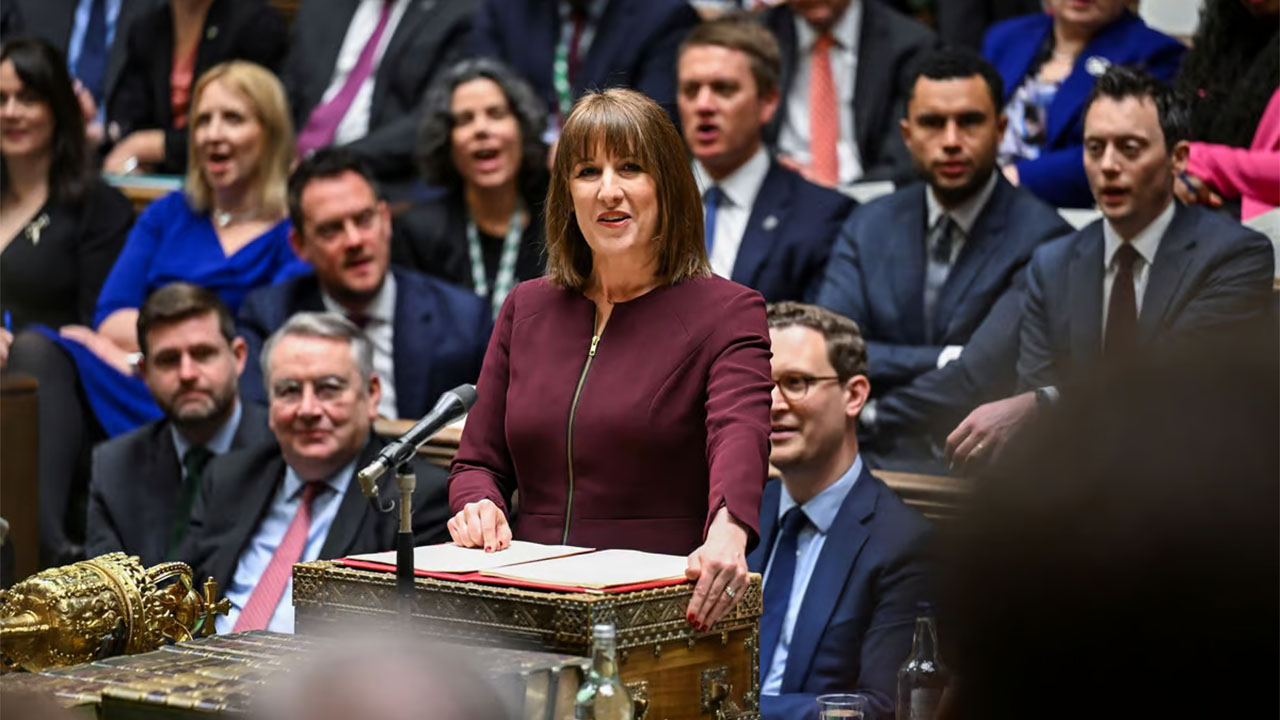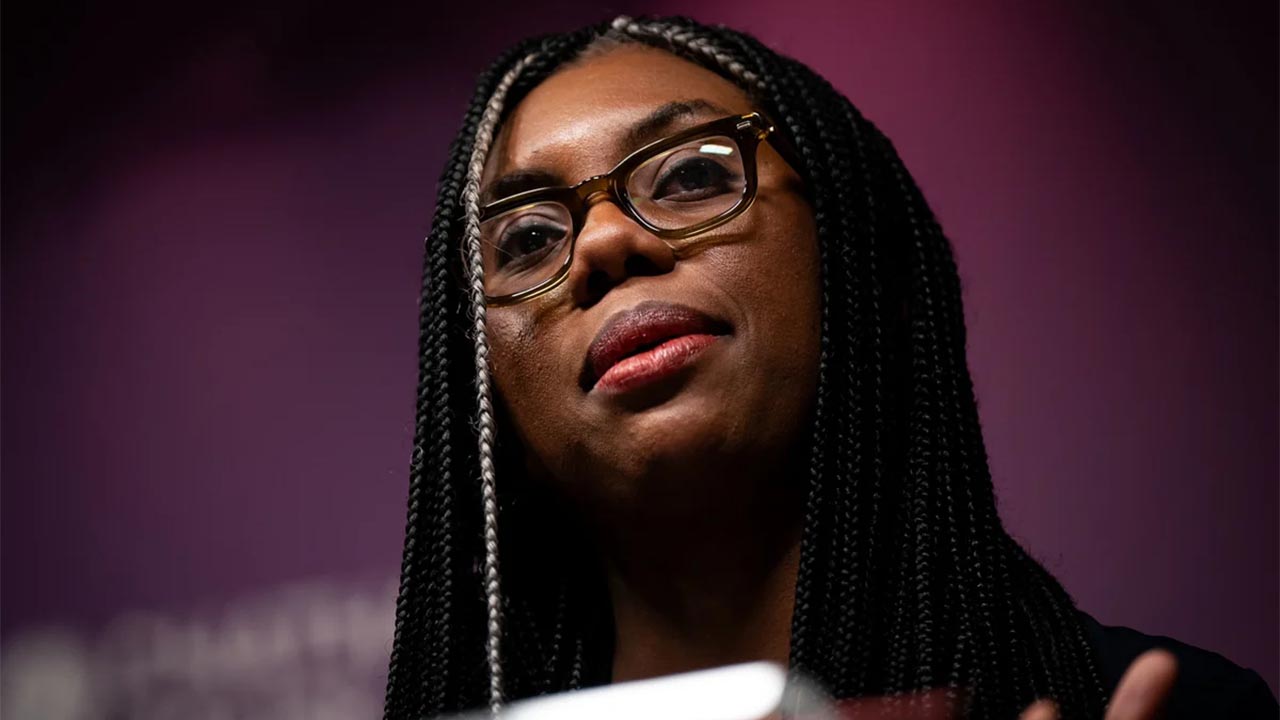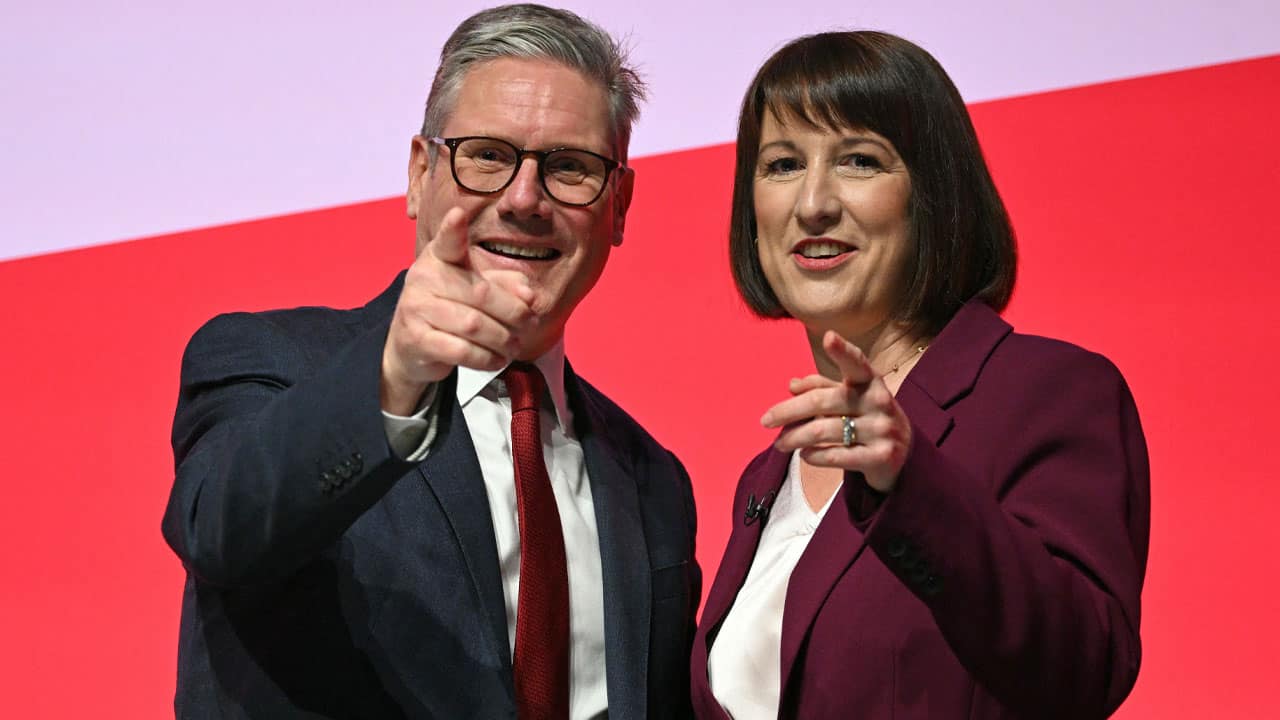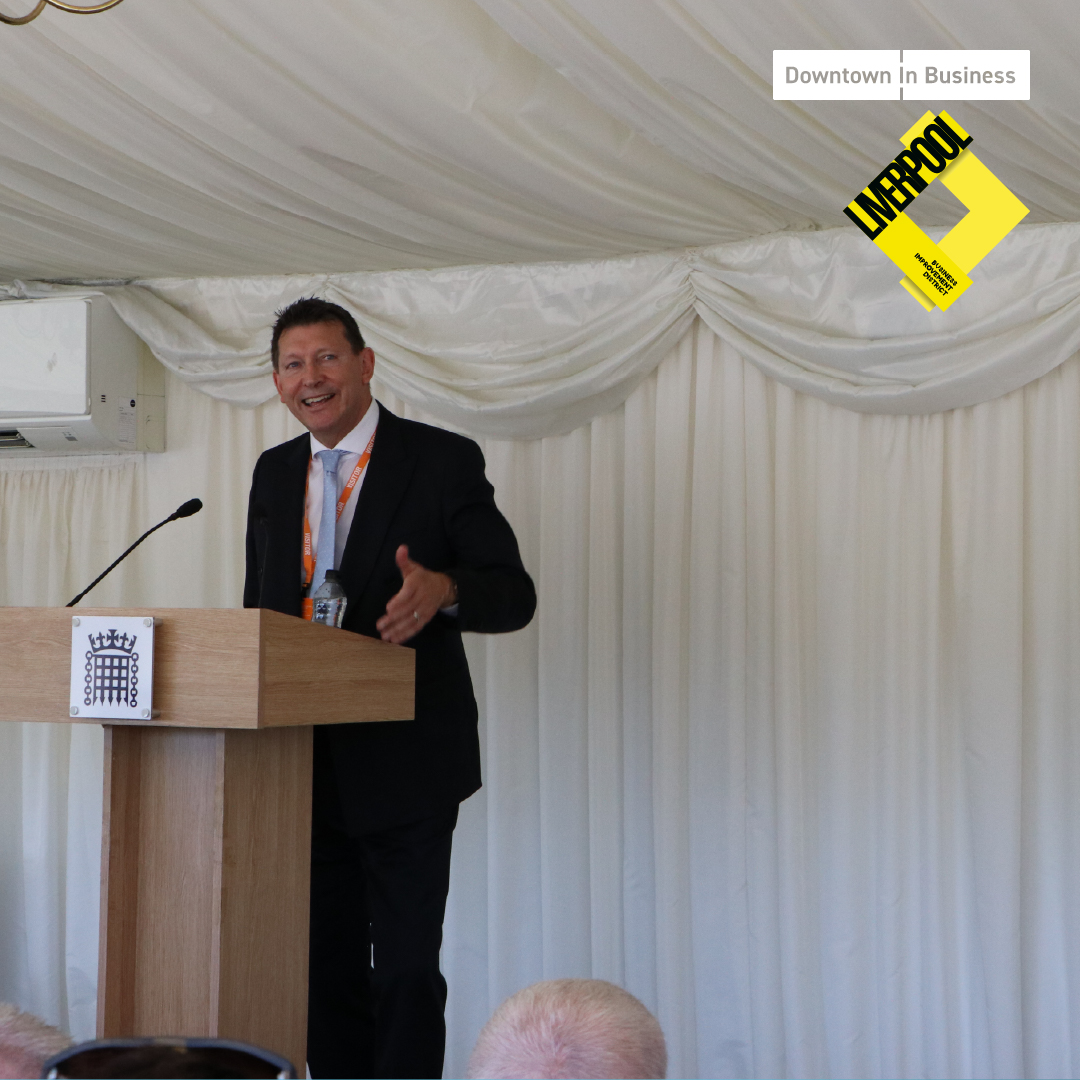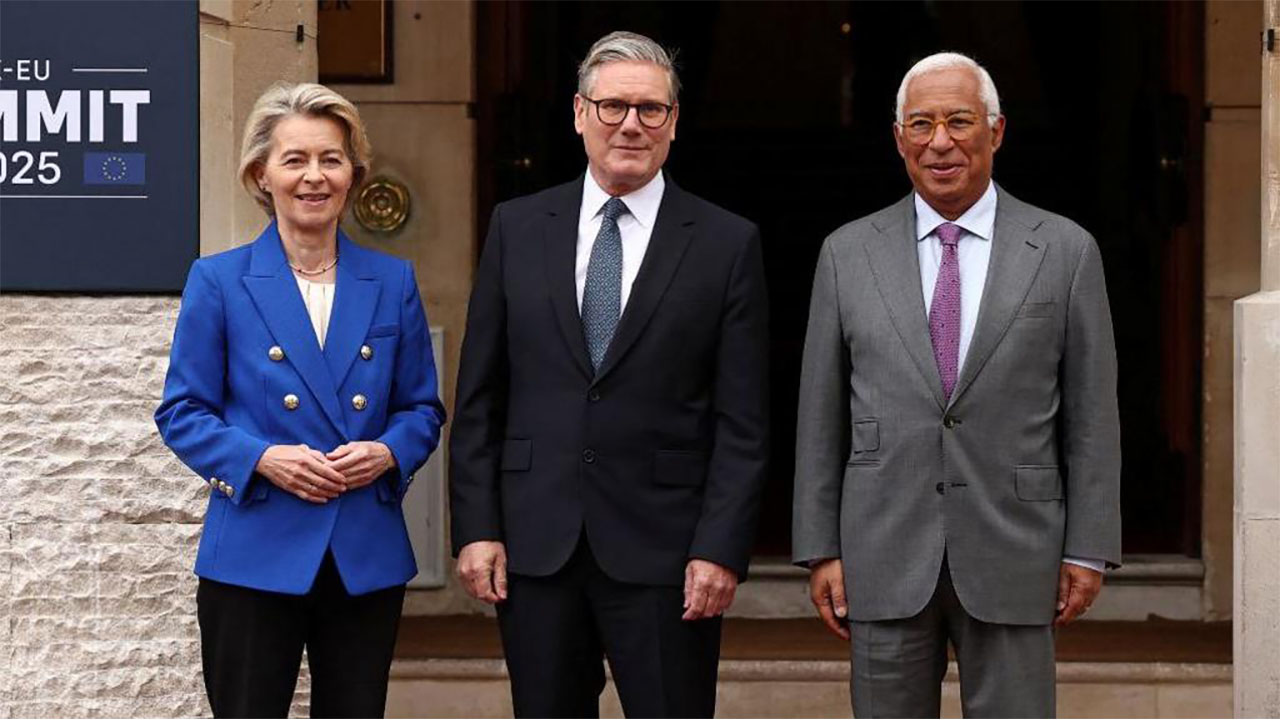Every year, Westminster treats us to the same ritual: a Budget that lands with all the drama of a Netflix season finale—minus the clarity, coherence, or entertainment value. And this year? The biggest loser wasn’t a department, a tax band, or a political tribe. It was the Budget process itself.
It’s broken. Everyone knows it. And yet we keep pretending this creaking, leaky, overly politicised contraption is fit for purpose in a modern economy that needs certainty, confidence, and competence.
The OBR Theatre Isn’t Helping
The Office for Budget Responsibility was created to bring independence, credibility, and a dash of reality to the whole circus. Unfortunately, we now treat its forecasts like some sort of fiscal horoscope.
Every Budget is shaped around “what the OBR says”, even though those projections swing more wildly than the form of Arne Slot’s Liverpool Football Club. We all know the forecasts will be revised—up, down, sideways—within months. Yet they’re used as the bedrock on which national decisions worth billions are made.
It’s economic ping-pong. And business is left to pick up the pieces.
Add to that the farcical leak of the entire budget an hour before the Chancellor delivered it this week, and surely huge question marks over the OBRs effectiveness need to be asked.
Treasury Leaks: A Farce, not a Strategy
The Treasury’s habit of drip-feeding policy through “exclusive briefings” and “sources close to the Chancellor” has now become a parody of itself.
You get a leak on Monday, a denial on Tuesday, a counter-briefing on Wednesday, and a ‘final’ announcement on Thursday—until they change it again on Friday.
If you designed a system to generate maximum nervousness in the markets and minimum confidence among businesses, you’d end up with… exactly what we’ve got now.
Uncertainty for Business Is Becoming a Feature, not a Bug
We’ve reached the point where companies aren’t just second-guessing tax policy—they’re guessing the guessing. No one knows what’s coming, when it will hit, or how long it will last.
You can’t build long-term plans on a foundation of wet cardboard.
This isn’t about politics or ideology. It’s about competence. Business needs predictability. Investors crave stability. And the UK, frankly, deserves a grown-up system.
So, What’s the Alternative? Plenty.
Here are a few ways to drag this process into the 21st century and manage the economy like a country, not a campaign HQ:
1. Scrap the One-Day Budget Circus
Less theatre. More clarity. Announcements, statements, and policy changes as and when required.
2. Mandatory Consultation with Business
Before any major tax change:
– Consult business
– Model the impact
– Publish the findings
– Proceed or revise
Revolutionary, I know. But I am convinced that had the consequences of the National Insurance increase on employers been spelt out to the politicians through sophisticated modelling – or indeed the impact the new minimum wage levels for the Under 20’s will have had been mapped out – neither policy would have seen the light of day.
3. Clamp Down on Budget Leaks
Make leaking major fiscal measures a disciplinary offence with real consequences. If it moves markets, it shouldn’t be whispered out like school gossip. Introduce ‘purdah’ a month before any major fiscal event.
Time for a Better Way
The UK is tired of Budgets that feel like high-stakes guesswork. Businesses need stability. The markets need confidence. And the country needs grown-ups in the room.
The Budget process isn’t delivering any of that right now. The machinery is creaking, the politics is corrosive, and the outcomes are inconsistent. Fixing the system won’t grab headlines—but it will grab investors, entrepreneurs, and international confidence.
And in the end, that’s what actually matters.


